LGBT Rights and State Laws
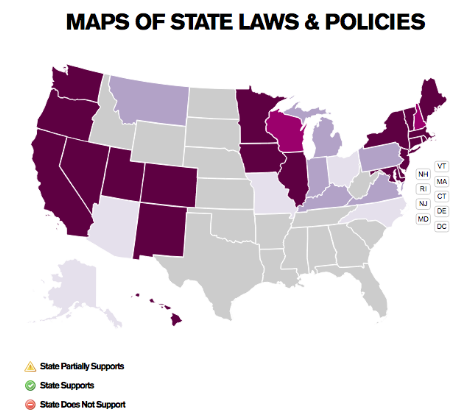
June 7, 2017
In discussions of LGBT Rights and State Laws, one controversial issue has been whether gay marriage should be legal. Lesbian, gay, bisexual and transgender (LGBT) has been a growing population, but it has been a population that’s been discriminated against for many years (“LGBT Rights”). Some people don’t think it’s right or that it’s possible for two people of the same sex to be attracted to each other, but there is also a religious belief against LGBT and gay marriage. I believe the theory of “to each their own.” In my opinion, if someone wants to be joined in matrimony with someone of the same gender, they should be able to do so due to human rights, laws, and policies.
On one hand, some believe that anyone who happens to be in a same gender relationship should be able to get married, but on the other hand, some believe that God made man and woman so that man and woman could be together and get married, not man and man or woman and woman. According to LGBT Rights and State Laws, 10% of the world’s population believed that gay marriage should be legal in 1988. This percentage has continued to increase as the years have passed and more people are coming out as LGBT. In 2001, 35% thought that gay marriage should be legal, and in 2016, 55% were for gay marriage. In June of 2015, The Supreme Court tried arguing what the Constitution says about same-sex marriage. The Constitution says that each individual in the U.S. has a right to same-sex marriage(“LGBT Rights”).
As views have changed, states have tried to put a stop to discrimination against LGBT. States that have done so are New York, Nevada and Utah, plus many others, which is visible in the map above (“Statewide”). States such as Alaska, Arizona, and Ohio prohibit discrimination against the LGBT population, although it still continues. Religion is a key factor to some in regards to whether gay marriage should illegal or not. The belief that gay marriage should be illegal comes from the Bible. God says that it’s unnatural to become attracted to someone of the same gender.
God gave them over to shameful lusts. Even their women exchanged natural relations for unnatural ones. In the same way the men also abandoned natural relations with women and were inflamed with lust for one another. Men committed indecent acts with other men, and received in themselves the due penalty for their perversion (Rom 1:26-27). (“Homosexuality”)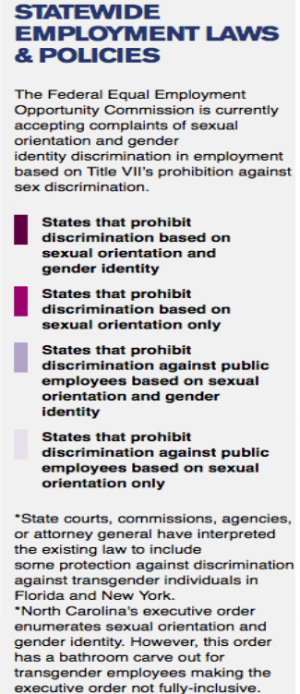
Some believe that what the Bible says is more important than the law, but what ever happened to separation of church and state? The Free Exercise Clause of the First Amendment to the Constitution of the United States states “separation of church and state”. The government should be able to make these decisions rather than the states deciding. If states were to decide based on voting, most religious people would vote against gay marriage due to the Bible. This is a case in which a minority need legal protection, which should override a popular vote.
Another fact that has been brought up is human rights. Many people believe that whether someone likes the opposite gender or the same gender, they should still be allowed to have the same rights anyone else has. Being lesbian, gay, bisexual, and/or transgender does not make someone any less of a human (“LGBT Rights”).
People still discriminate against people who are LGBT, even though their population has grown. A poll was given by The National Bureau of Economic Research to many individuals based on random selection (this poll was also available to everyone due to the fact that it was put online and advertisements). Out of the people who decided to take the take the survey, 20% claimed to be lesbian, gay, bisexual or transgender. About 67% of the population said that it should be completely illegal to discriminate against gays. On the other hand, 71% said that it should be perfectly fine to discriminate against the LGBT population (Eveleth). Everyone does have a right to their own beliefs and opinions, but when voting or deciding whether people who like the same sex should be able to get married or not, separation of church and state and basic human rights should be taken into consideration.
Works Cited
Eveleth, Rose. “What Percent of the Population Is Gay? More Than You Think.”
Smithsonian.com. Smithsonian Institution, 24 Oct. 2013. Web. 16 May 2017.
“Homosexuality: Questions and Answers.” Bible.org. Web. 22 May 2017.
“LGBT Rights and State Laws.” Opposing Viewpoints Online Collection, Gale, 2016. Opposing Viewpoints in Context,. Accessed 19 Apr. 2017.
“Statewide Employment Laws & Policies.”

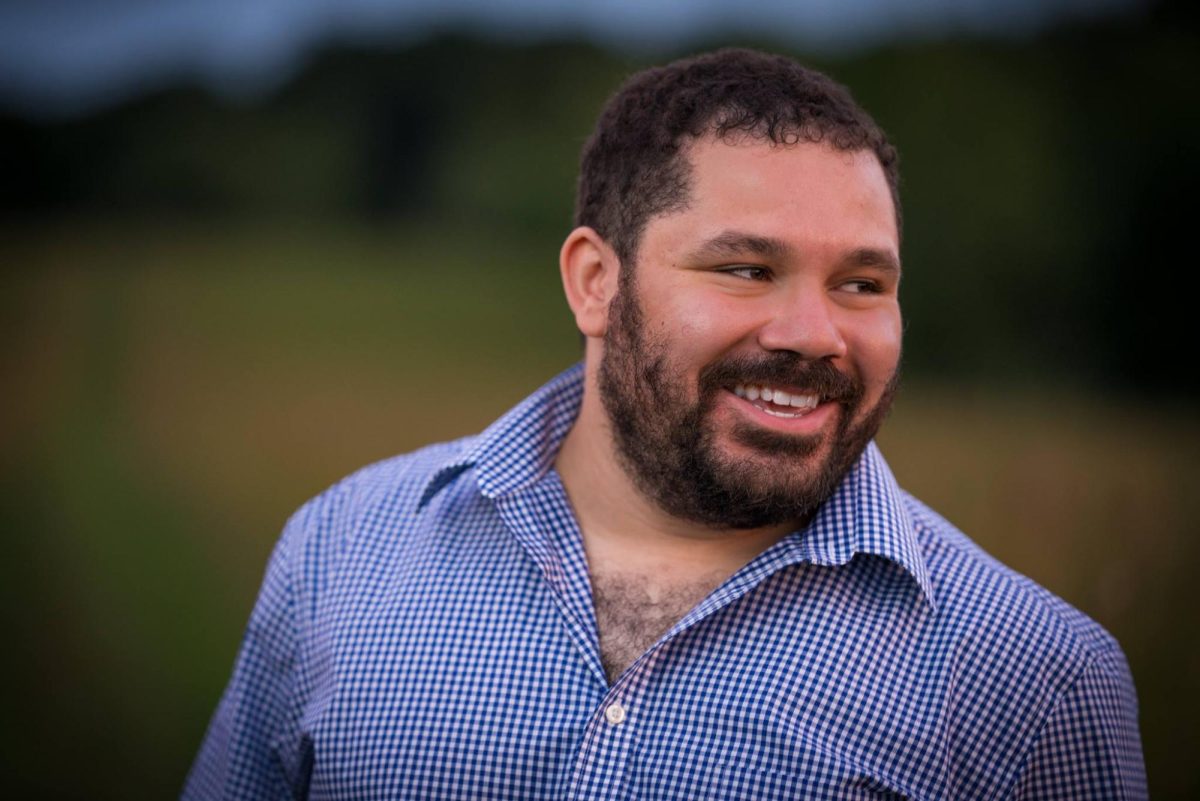







































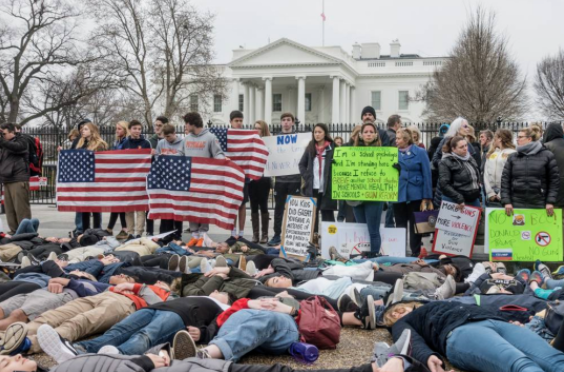
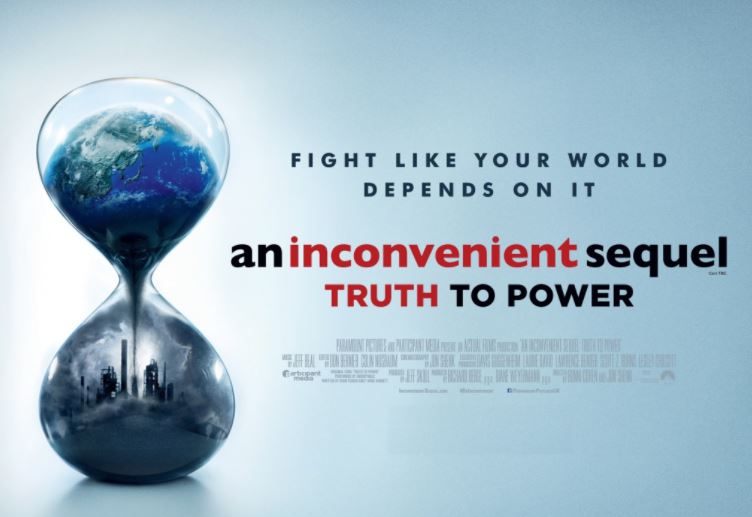








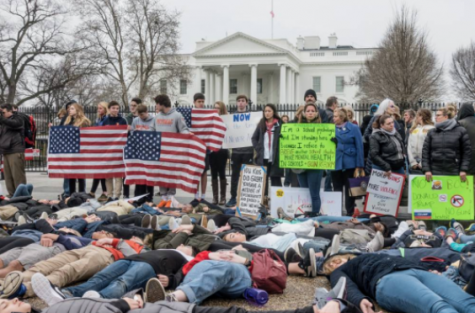
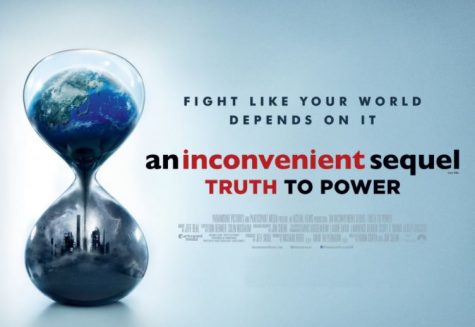



Adam Enders • Jun 12, 2017 at 1:40 pm
Good article. Great use of statistics.
Ashley Estabrook • Jun 12, 2017 at 12:50 pm
I agree! I believe anyone should be able to marry whomever they want, and we should not pass judgement on that. Also, great use of details. Very Well written!!
Samantha Burgio • Jun 12, 2017 at 9:23 am
Good Job with the paper Rosey! Definitely a controversial issue.